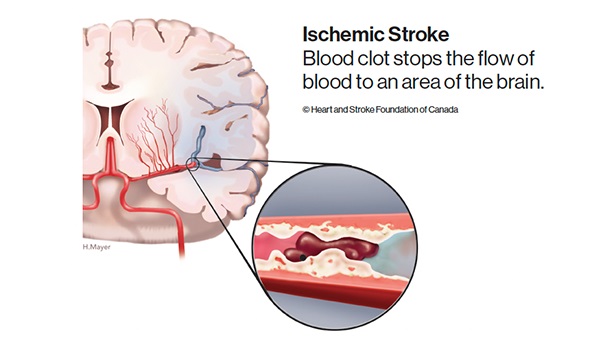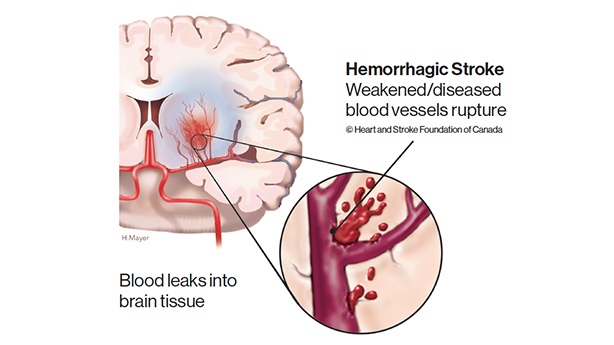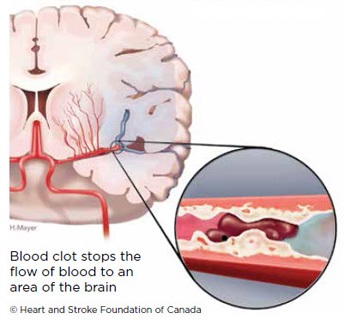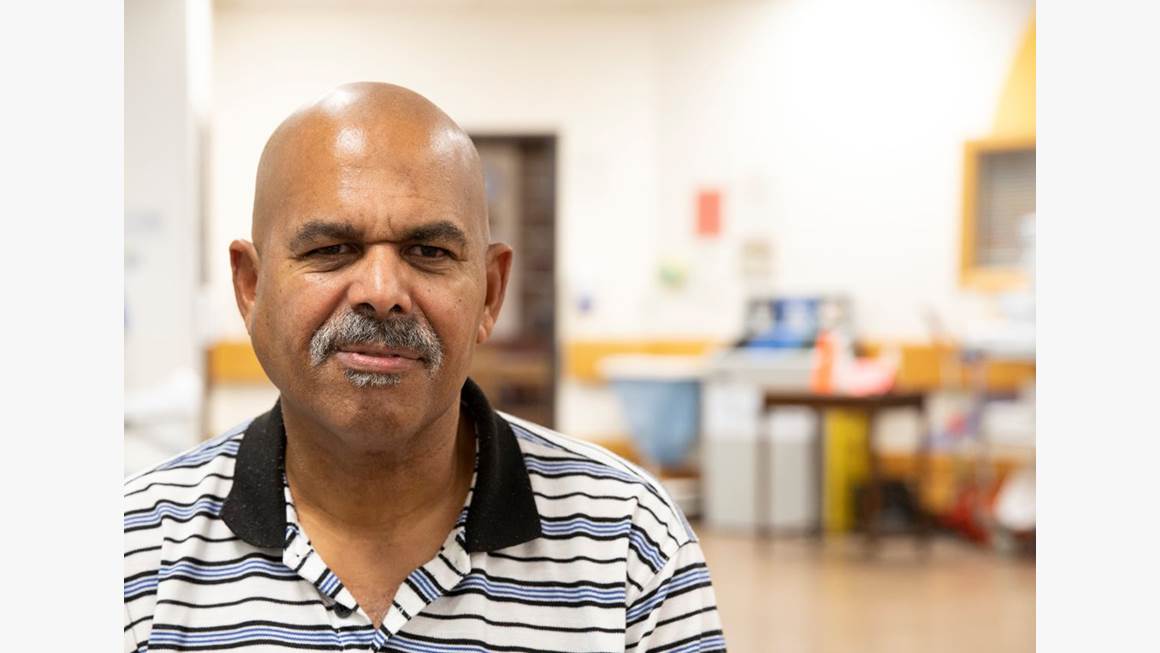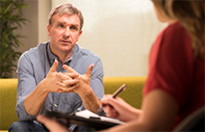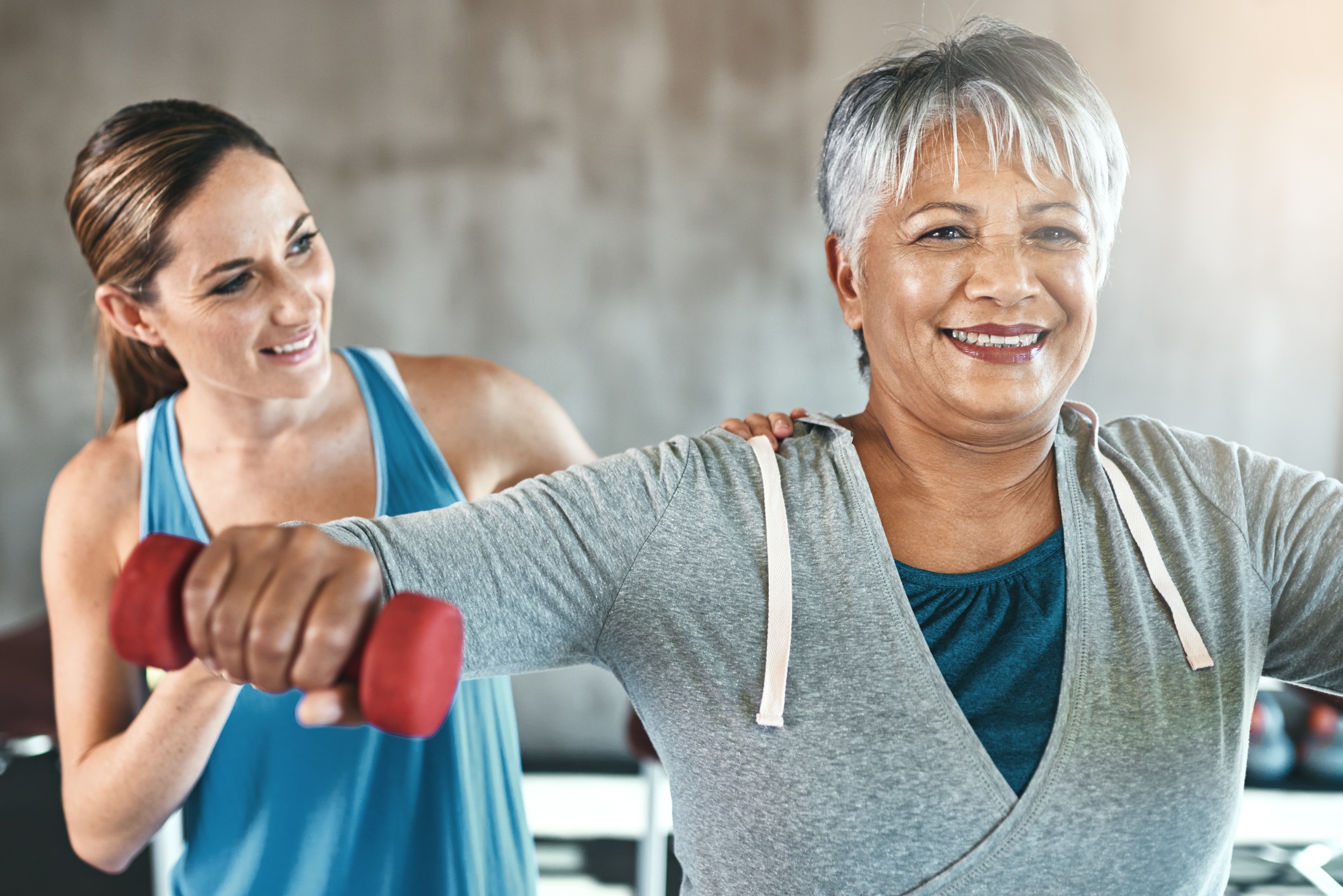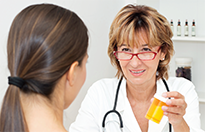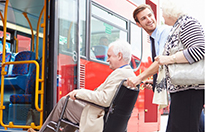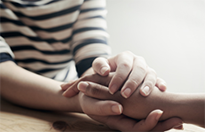What is stroke?
A stroke happens when blood stops flowing to any part of your brain, damaging brain cells. The effects of a stroke depend on the part of the brain that was damaged and the amount of damage done. Knowing how your brain works can help you understand your stroke.
